
The End of Alchemy
Money, Banking, and the Future of the Global Economy
Recommendation
Being the chairman of the Bank of England during the worst financial crisis in generations will lead a person to form some pretty strong opinions, and Mervyn King doesn’t disappoint in his comprehensive anatomy of financial shocks. The former head of the UK central bank doesn’t hold back in his analysis of the roles of money and banking in an economy, and he pulls no punches in criticizing the central flaw in the global financial system: the alchemy of banks creating money out of thin air. King explains that this alchemy lies at the heart of capitalism but that it leads to crashes. Yet King is not just another fault finder; he proposes a new role for central banks to ensure that taxpayers are never again on the hook for bank bailouts. King has not produced an exposé, chronicle or justification of his own decisions, but rather this is a lucid treatise on how to manage future financial crises. His writing can be dry at times, although he does occasionally include vivid, revealing anecdotes drawn from his battlefield experiences in the trenches of the 2008 debacle. Bankers, economists and students of economic history will find this heavyweight text an educational deep dive into the financial sector and central banking.
Summary
About the Author
Mervyn King was the governor of the Bank of England from 2003 to 2013. He is currently an economics and law professor at New York University and an economics professor at the London School of Economics.








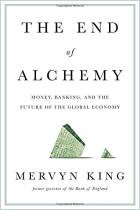
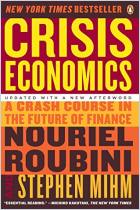
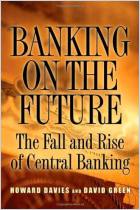

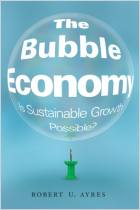
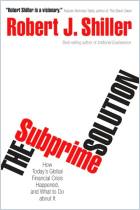


Comment on this summary or Démarrer une discussion
I don't know what will remain after the end of alchemy and numerology.